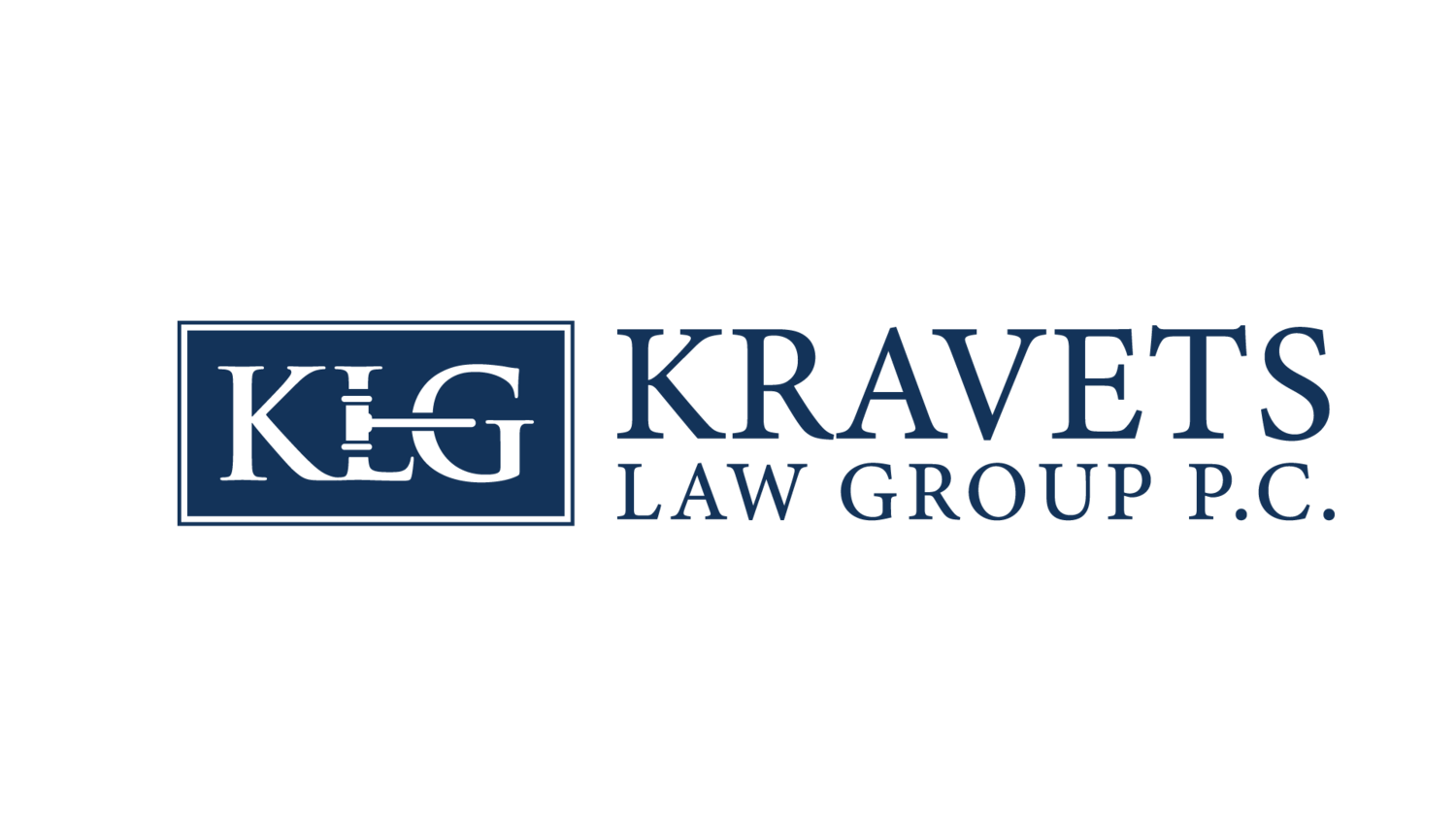Navigating Residential Lease Agreements: Rights and Responsibilities for Landlords in Illinois, Pennsylvania, and New Jersey
As a law firm specializing in real estate, we work to provide valuable and up-to-date information to landlords in Illinois, Pennsylvania, and New Jersey. In this comprehensive blog post, we will focus on the rights and responsibilities of landlords when drafting and managing residential lease agreements in these states. By understanding these crucial aspects, landlords can protect their interests while maintaining positive relationships with their tenants. Whether you operate in Illinois, Pennsylvania, or New Jersey, the information provided here will guide you through the intricacies of residential lease agreements in these jurisdictions.
Drafting a Comprehensive Lease Agreement
Clear and Detailed Terms:
When drafting a lease agreement, it is crucial to include clear and detailed terms that cover all necessary aspects. Specify the rental term, including the start and end dates, the rental amount, and the frequency of rent payments. Additionally, outline any rules and regulations regarding property use, restrictions on subletting or pets, and any other important provisions.Compliance with State Laws:
Each state has its own landlord-tenant laws that govern residential lease agreements. It is vital to familiarize yourself with the specific regulations in Illinois, Pennsylvania, and New Jersey to ensure compliance. For example, in Illinois, landlords must provide tenants with a written summary of their rights and responsibilities, while Pennsylvania requires landlords to provide a copy of the executed lease agreement within 30 days. Understanding these requirements will help you draft legally sound lease agreements.Prohibited Provisions:
It is essential to be aware of prohibited lease provisions in each state. For instance, in Illinois, landlords cannot include provisions that waive tenants' rights or hold tenants responsible for repairs caused by normal wear and tear. In Pennsylvania, landlords cannot include provisions that waive their own liability for certain types of damages. Familiarize yourself with the specific prohibited provisions in each state to ensure your lease agreements comply with the law.
Security Deposits and Refunds
Maximum Security Deposit:
Each state has specific regulations regarding security deposits. In Illinois, the maximum security deposit limit is the equivalent of two months' rent for unfurnished units and three months' rent for furnished units. Due to the current landlord and tenant laws in the city of Chicago, we recommend our clients to opt out of requiring a security deposit all together. In Pennsylvania, the maximum security deposit is limited to two months' rent, while in New Jersey, it is limited to 1.5 months' rent. Ensure that you adhere to these limits and clearly communicate the amount of the security deposit to your tenants.Itemized Deductions:
At the end of the tenancy, landlords must provide a written statement to the tenant, itemizing any deductions made from the security deposit. It is essential to provide this statement within the specified timeframe as required by state law. Clearly outline the conditions under which deductions may be made, such as for unpaid rent, damages beyond normal wear and tear, or cleaning expenses. Keep detailed records of expenses and receipts to support any deductions made, ensuring transparency and minimizing potential disputes.Security Deposit Interest:
In all three states, landlords are required to pay interest on the security deposit. Familiarize yourself with the specific interest rate and requirements in each state and ensure compliance to avoid any penalties.
Property Maintenance and Repairs
Habitability Standards:
All three states have laws that require landlords to maintain rental properties in compliance with habitability standards. This includes providing basic amenities, functioning utilities, and a safe living environment for tenants. Regular maintenance and prompt attention to repair requests are essential to fulfill these obligations.Tenant Repair Requests:
It is important to address repair requests from tenants promptly. In Illinois, Pennsylvania, and New Jersey, if landlords fail to make necessary repairs within a reasonable time after receiving written notice from the tenant, tenants may have the right to take alternative actions, such as deducting the cost of repairs from rent or terminating the lease. Familiarize yourself with the specific timelines and procedures outlined in each state's laws to effectively handle repair requests.Emergency Repairs:
All states require landlords to address emergency repairs promptly, regardless of notice. Emergency repairs are those that affect the habitability or safety of the rental property, such as a burst pipe or a broken heating system. Be prepared to respond quickly to such situations to protect both your property and your tenants.
Entry and Access
Notice Requirements:
Each state has its own notice requirements for landlord entry into rental properties. In Illinois, landlords must provide tenants with at least 48 hours' notice, except in cases of emergency. In Pennsylvania, the notice period is 24 hours, while in New Jersey, it is typically 24 hours for non-emergency situations. Adhere to these notice periods to respect tenant privacy and avoid unnecessary conflicts.Reasonable Hours: When scheduling visits or repairs, it is crucial to respect reasonable hours of the day to minimize disruption to the tenant's daily life. Being considerate of tenants' schedules and commitments will help maintain a positive landlord-tenant relationship.
Understanding the rights and responsibilities as a landlord in Illinois, Pennsylvania, and New Jersey is crucial for maintaining successful and legally compliant leasing relationships. By drafting comprehensive lease agreements, following state laws, handling security deposits appropriately, ensuring property maintenance, and respecting tenant privacy, landlords can protect their interests while fostering positive landlord-tenant relationships. Reach out to the Kravets Law Group to ensure your lease agreements align with current laws and regulations in each state.

